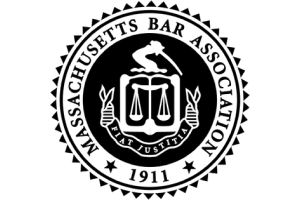Defense Lawyer
Right to Remain Silent
What About the Right to Remain Silent? What if a Police Officer did not Read me my Rights?
Clients often ask us if a case can be thrown out because a police officer did not read his or her rights before an arrest. This is one of the most misunderstood areas of criminal law, probably thanks to how often we hear those rights on television shows and movies. The short answer is that the police are required to read you those important rights only if you are in police custody and the police intend to ask you questions that could incriminate you.
The Fifth and Sixth Amendments to the United States Constitution, and Article 12 of the Massachusetts Declaration of Rights, protect our right against “self-incrimination” and our right to have an attorney assist us if we have been or could be accused of a crime.
Those rights are sacred, and the reading of those rights is an important way to protect us from police misconduct and from making unjustified and unreliable incriminating statements or confessions against ourselves. The United States Supreme Court and the Massachusetts Supreme Judicial Court have held that the reading of those rights is mandatory.
However, they are not “magic words,” as many people think. Only a person who has made incriminating statements to police while under arrest or in custody can have the statements thrown out, or “suppressed,” if it can be shown in court that an officer did not read him or her those rights.
Other factors weigh in as well, such as whether a person had the capacity to understand the rights and therefore could waive them intelligently and whether the waiver or even an incriminating statement itself was produced while the person was unable to behave voluntarily or intelligently. A person’s intelligence, level of mental impairment, education and experience with the police and the courts are all factors a judge will evaluate in deciding on whether a statement should be suppressed.
Having an entire case dismissed or “thrown out” is less common. There is another rule called “the fruit of the poisonous tree” doctrine that our criminal defense attorney’s office is also well-versed in. A person may make statements that violate her rights to counsel and against self-incrimination. If the police are able to use those statements to discover new evidence, such as a weapon or drugs, judges must throw out, or “suppress,” that physical evidence if it was the product of the police’s illegal questioning without advising about the right to remain silent and to have an attorney present.
Call our Boston criminal defense attorney’s office for a free consultation if you have been arrested and/or questioned by the police.












